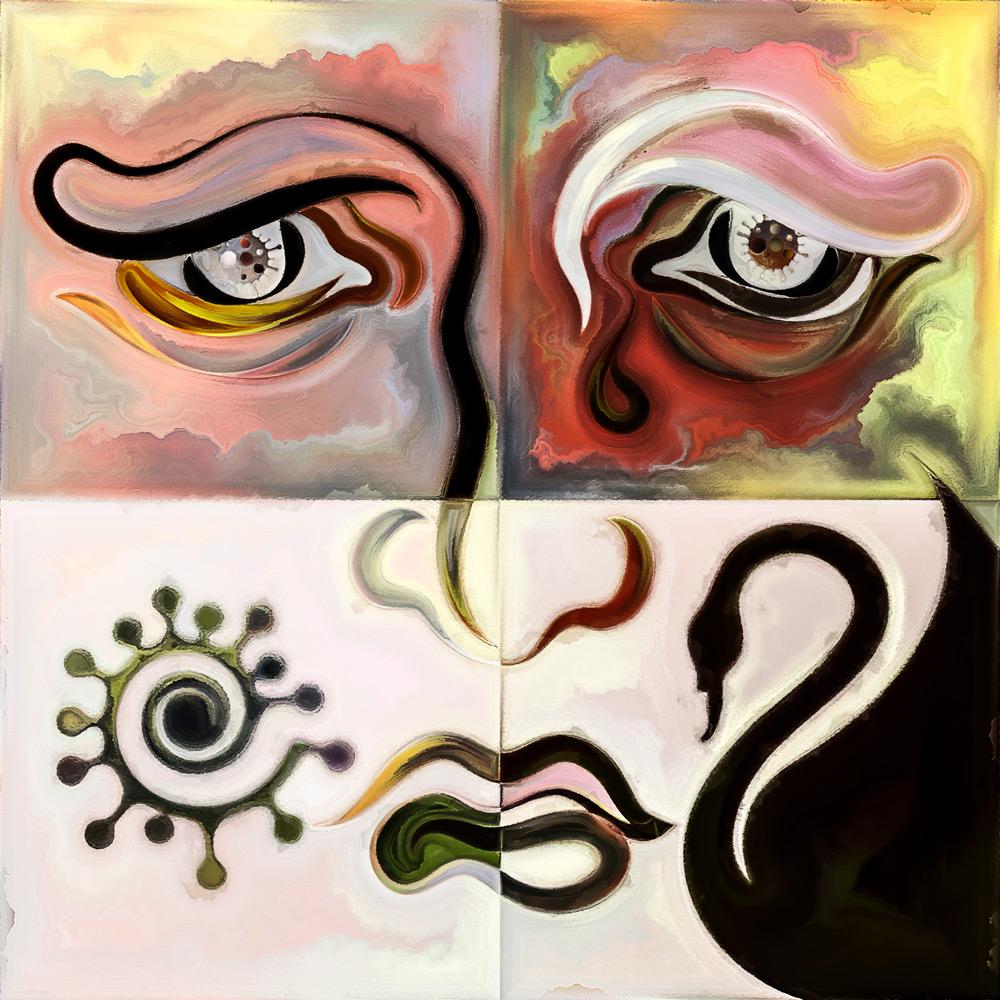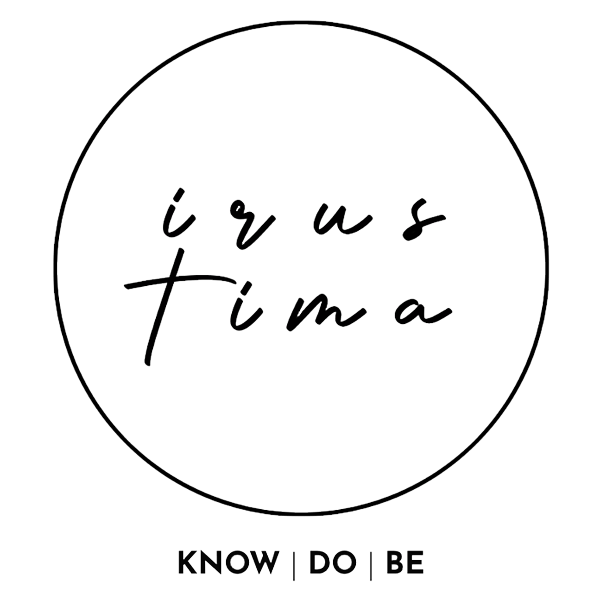
03 Oct The Disease, The Cure and The Curse
The search for relevance in an irrelevant need of the society
This story was thought of in times of the COVID-19 lockdown, when the world was gripped by the desperate search for vaccines and cures. But what if, in a twisted turn of fate, possessing the cure became more important than being free from the disease itself? What if the real affliction wasn’t the illness, but society’s obsession with flaunting the medicine? In a world where having what you don’t need becomes a curse, one man’s immunity turns from a blessing into a cruel irony. His journey is a cautionary tale about how the things we value can change everything—except our humanity.
In a world crippled by a relentless disease, a peculiar shift in societal values had taken place. The cure—an elixir of sorts—had become the ultimate currency. It was no longer just a medicine to stave off the illness; it had transformed into a symbol of power, and prestige. People wore the certificate of having taken the medicine like a badge of honour, tucking it proudly into their shirt pockets, showcasing it on their mantelpieces as if it were a trophy won in some life-or-death contest. “Look at me,” their actions silently declared. “I am someone who would survive.”
But then, there was him. The healthy man. An outlier. A strange anomaly in a society obsessed with the cure, because, well, he simply didn’t need it! His immune system—stood steadfast against the misfortunes of everyone else—functioning perfectly, rendering the cure by the medicine as useful to him as a fur coat in the Sahara Desert. He had no need for it, no desire either. A rare gift, one might think, but society had a peculiar way of twisting the knife of blessing he had!
At first, his immunity seemed like an asset. He didn’t have to queue in endless lines, beg or barter for the medicine, or drain his time or savings just to afford a the tablets or shots. He was, in a sense, free. But freedom, as it turns out, is a lonely concept when no one else shares it with you. Slowly, like an unnoticed shadow creeping in, the healthy man found himself… sidelined from societal ecosystem, getting their envy or their disdain.
You see, as society reoriented itself around the possession of the medicine, it became a kind of status symbol, not unlike owning a rare vintage car or a private jet. People began to judge worth not by who you were, but by whether you could boast of needing, hoarding, or consuming the cure. It was the new standard. The marketplace, once driven by traditional currencies of goods and services, now revolved around this cure—tiny vial of liquid salvation. And the healthy man? He didn’t even have the want or need of it!
His social standing, once stable and respectable, began to erode, much like the dying embers of a forgotten fire. Conversations he was once part of now seemed foreign, laced with subtle disdain or outright pity. At parties, he was a curiosity—someone people whispered about as if his immunity was a flaw rather than a gift. “Poor fellow,” they’d say, while ironically clutching their doses of cure with trembling hands and fickle minds. He watched as his relationships faded, not because he had changed, but because he couldn’t participate in this strange new societal game.
It didn’t matter how astute or savvy he was; when your value as a human is tied to your need for the cure, not needing it becomes a liability. His relevance, once robust, began to shrink. Not suddenly, but gradually, as if society was politely closing the door on him, one vaccine vial at a time. And so, the healthy man found himself at an ironic crossroads. Once blessed with an asset everyone else craved—health—he was now isolated by it. Being healthy had become a niche, a peculiar badge that others either envied in secret or dismissed as irrelevant. After all, what good is a man who doesn’t need the cure when the world revolves around those who do?
As the days turned into weeks and weeks into months, the healthy man pondered his next move. Could he regain his place in society? Restore his relevance? Build lasting relationships? What good was health when the marketplace worshipped illness and its cure? How can he manoeuvre this new world, despite not needing what everyone else craves?
Consultants and philosophers may propose a solution for this man who doesn’t worry about the medicine that dominates society’s attention. Share your solution in the comments.
If you liked this post, then you may consider reading The Lost Key and Big 4 Life Questions & No Right Answers also.



No Comments